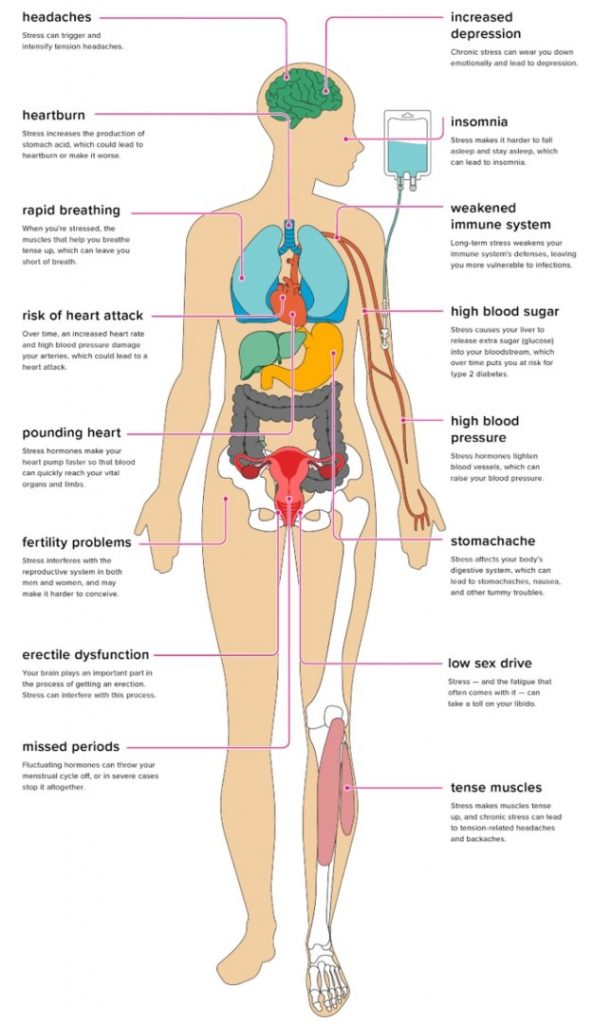With the warmer weather approaching, some of us may be thinking about getting away with family and friends or enjoying a staycation in the backyard. The reality is, however, many employees in North America do not take full advantage of the vacation time to which they are entitled. Each year, Canadians leave 31 million vacation days unused1. In the U.S., that number is 705 million!2
More than a quarter (27%) of Canadians go a year or more without taking a holiday, while 36% said they go six months to a year without a break.1 The same study found that millennials are the most likely demographic to leave vacation days unused.
Why are so many of us not using our vacation? Many employees operate under the impression that taking time off makes them appear less dedicated. Others support the idea of time off in principle, but workloads and deadlines make taking a break a challenge. It’s also a common belief that the more you work, the more successful you will be. As a result, many employees put in long hours at the office and continue to respond to emails and phone calls even when they are away from their workplaces.

Source: Freepik
So are these ambitious workers on the right track in believing that sacrificing vacation will help them get ahead and grow their careers? The State of American Vacation 2017 actually found that workers who forfeit vacation time are less likely to have received a raise or bonus (78% to 84%) or been promoted (23% to 27%) than those who did not.3 In reality, not using vacation is bad for business and negatively impacts our health and personal life. Time away from work, is important. It helps create a strong, productive workforce, and improves workplace morale, employee engagement and retention. It also allows us to have a healthy, balanced life.
Why encourage employees to take vacation?
Although some my feel that the decision on whether or not to take vacation is a personal choice, there are some compelling reasons why encouraging employees to use vacation time is a good idea.
- Improved Health
We all understand that work can be a major source of stress. Chronic stress can lead to more serious health problems such as heart disease, diabetes, and obesity. It can also take an emotional toll and negatively impact our mental health. Researchers studied the work habits of more than 600,000 people in the US, UK, and Australia, and found that people who work more than 55 hours a week are 33% more likely to suffer a stroke and have a 13% greater risk of heart attack than those who work 35-40 hours weekly.4 Taking a break from work can, therefore, be an effective approach to handling the stress that comes along with our professional responsibilities.

Source: https://www.healthline.com/health/stress/effects-on-body#3
- Increased Productivity and Focus
When employees feel overworked, burnout occurs and productivity suffers. This not only impacts the employee’s own performance, but the entire team. When employees have an opportunity to step away from projects and deadlines, they can recharge and return to work with new energy and focus. Research shows that the majority of managers (84%) agree that vacation improves an employee’s focus and creativity. Most (72%) also agree that encouraging time off makes employees more willing to put in long hours when it’s really needed.5
- Greater General Well-Being
According to a Gallup study, people who “always make time for regular trips” had a 68.4 score on the Gallup-Heathway’s Well-Being Index, compared to a 51.4 Well-Being score for less frequent travelers. One study found that three days after vacation, subjects’ physical complaints, quality of sleep, and mood had improved as compared to before vacation. These gains were still present five weeks later, especially in those who had more personal time and overall satisfaction during their vacation.6
- Employment Satisfaction
The Project: Time Off research found that employees who reported that their company encourages vacation (68%) are much happier with their jobs than those who work at places where either vacation is discouraged or managers are ambivalent about taking time off (42%). Naturally, these employees are also more likely to use all of their vacation time (77% compared with 51%).2

Source: Freepik-jcomp
Despite these benefits and the fact that most of us enjoy getting away from the daily grind, many employees still hesitate to take their vacation. So how can you encourage employees to get away from the office?
Clearly communicate your vacation policy.
A clearly documented policy does more than outline the mandatory vacation times. It illustrates that you, as the employer, value the importance of vacation and support their need for time away from the office. Wellness or personal days can be included if they are offered by your company.
Support your policy with processes to handle work and assignments when vacation requests are made. This helps take strain off employees who may worry about falling behind or work piling up while they are away. If employees feel supported in taking their vacation time, they are more likely to use it.
Incorporate vacation into your wellness program.
Creating a culture of wellness in your workplace encourages a positive atmosphere and a productive team. Integrate the importance of vacation into this culture. We know that vacation is important, but sometimes that’s not enough. Vacation shaming by management or colleagues – even in a joking manner – can make employees feel guilty about taking time off or pressured into avoiding vacation all together. Ensure that vacation shaming is not tolerated and leverage your wellness program to communicate the benefits of vacation to both our mental and physical well-being. Being reminded of the benefits of time away from the office and feeling supported in the decision to take vacation helps encourage employees to do so.
Lead by example.
As with any program or policy, management must demonstrate their commitment and practice what they preach. Managers who take time off themselves can influence the behaviour of their team members and help to nurture a culture that supports work-life balance. An employee’s manager is the most important influencer when it comes to taking time off. Eighty percent of employees say they would be more likely to use their vacation if they felt encouraged by their boss.5
When leadership takes vacation and returns refreshed and energized, it reinforces the importance of time away. Setting boundaries and letting your staff know that you will be unavailable while you’re gone also communicates the importance of unplugging from the workplace and empowers them to do the same on their own vacation.
Need some more assistance?
Get your FREE Corporate Wellness Membership 90-Day Starter Kit to get you started! Employee Wellness Solutions Network can help you create a healthier culture resulting in a more profitable and successful workplace. Our memberships give you access to services including corporate wellness specialists, trainers and health coaches to help you create the best strategy for your organization. To learn more about the memberships, visit Employee Wellness Solutions Network.
Sources:
1 Byers, Jim. Canadians leave 31 million vacation days unused each year: Study; October 19, 2016. https://torontosun.com/2016/10/19/canadians-leave-31-million-vacation-days-unused-each-year-study/wcm/67eb87e2-3916-4e63-bdd4-cf4d033cd481
2 Project Time-Off. State of American Vacation 2018. https://www.ustravel.org/sites/default/files/media_root/document/2018_Research_State%20of%20American%20Vacation%202018.pdf
3 Project Time-Off. Under-Vacationed AMERICA: An Analysis of the States and Cities That Need to Take a Day. https://www.ustravel.org/sites/default/files/media_root/document/2017_Jun8_Research_Under%20Vacationed%20America%2C%20An%20Analysis%20of%20the%20States%20and%20Cities%20That%20Need%20to%20Take%20a%20Day.pdf
4 Prof Mika Kivimäki, PhD, et all. Long working hours and risk of coronary heart disease and stroke; August 19, 2015. https://www.thelancet.com/journals/lancet/article/PIIS0140-6736(15)60295-1/fulltext
5 Project Time-Off. The High Price of Analyzing the Business Implications of an Under-Vacationed Workforce. https://www.ustravel.org/sites/default/files/media_root/document/High_Price-of_Silence_FINAL.pdf
6 McCarthy, Justin. Taking Regular Vacations May Help Boost Americans’ Well-Being; December 30, 2014. https://news.gallup.com/poll/180335/taking-regular-vacations-may-help-boost-americans.aspx


Leave A Comment